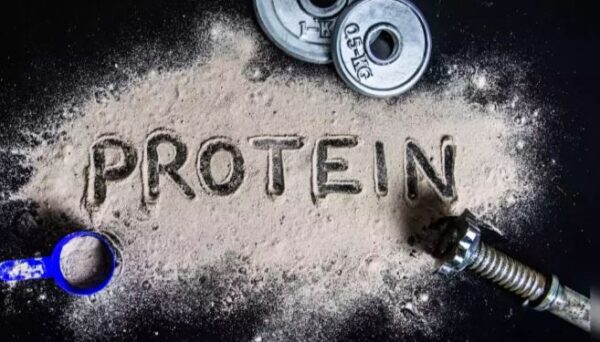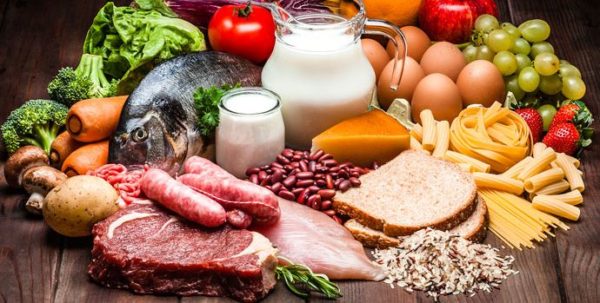Lifestyle
6 changes in body that indicate protein deficiency

These 6 significant changes in our body may be a sign that we are not consuming enough protein.
1. Swelling (Edema)
One of the most noticeable signs of protein deficiency is swelling, particularly in the legs, feet, and hands. This condition, known as edema, occurs because proteins like albumin help maintain the balance of fluids in your body. When there’s a lack of protein, the fluid leaks out of blood vessels and accumulates in tissues, leading to swelling. A study published in the “Journal of Clinical Investigation” highlights that low protein levels can significantly disrupt fluid balance, causing noticeable swelling.
2. Muscle weakness and wasting
Proteins are vital for muscle growth and maintenance. When we don’t consume enough protein, our body starts breaking down muscle tissue to meet its protein needs. This can result in muscle weakness and wasting, a condition medically known as muscle atrophy. A study in the “American Journal of Clinical Nutrition” shows that inadequate protein intake can lead to a significant decrease in muscle mass, particularly in the elderly, affecting their mobility, balance and overall strength.
3. Skin, hair, and nail problems
Protein deficiency can also affect the health of our skin, hair, and nails. Proteins like collagen and keratin are essential for maintaining the structure and integrity of these tissues. Without enough protein, we might experience brittle nails, hair loss, and skin that is prone to rashes and dryness. Research published in the “Journal of Dermatological Science” emphasizes that protein is significant for the production of keratin, a protein that is a key structural component of hair and nails.
4. Increased hunger and calorie cravings
Protein has a key role in regulating appetite and maintaining satiety. When our diet lacks sufficient protein, we might experience increased hunger and cravings for high-calorie foods. This happens because protein influences the release of hormones that signal fullness. A study in the “Journal of Nutrition” found that participants who consumed low-protein diets reported higher levels of hunger and a greater tendency to overeat, compared to those who consumed adequate protein.
5. Immune system impairment
Proteins are very important for a healthy immune system. They are used to make antibodies and immune system cells. Without enough protein, our body might struggle to fight off infections and illnesses. A study in “Clinical and Experimental Immunology” demonstrated that protein deficiency can lead to a significant reduction in immune cell production and function, making the body more susceptible to infections.
6. Fatty liver
Another serious consequence of protein deficiency is the development of fatty liver, a condition where fat builds up in the liver cells. This can lead to inflammation, liver damage, and even liver failure if not addressed. According to research in the “Journal of Hepatology,” adequate protein intake is essential for the transport and metabolism of fats in the liver. Without enough protein, fat accumulates, leading to fatty liver disease.







